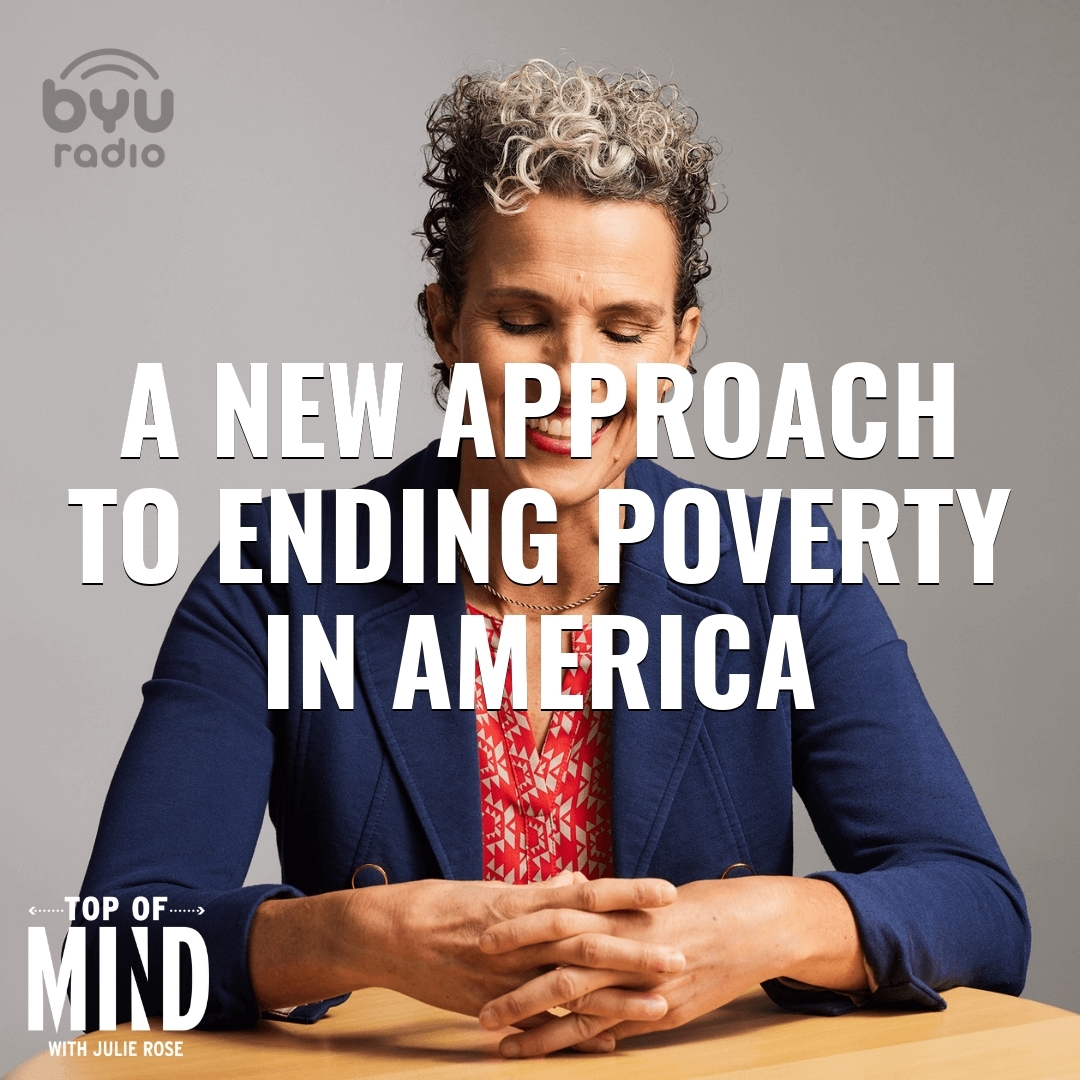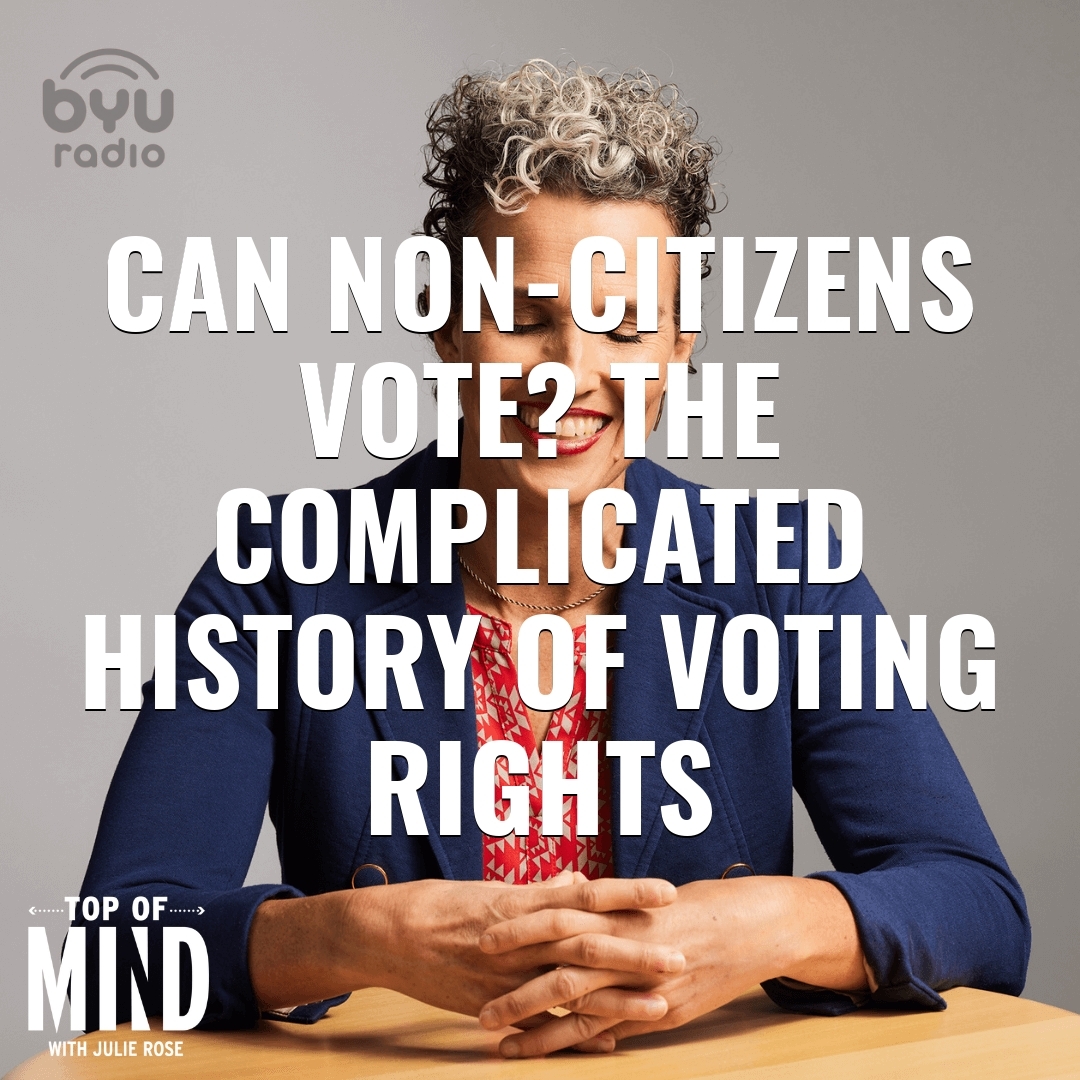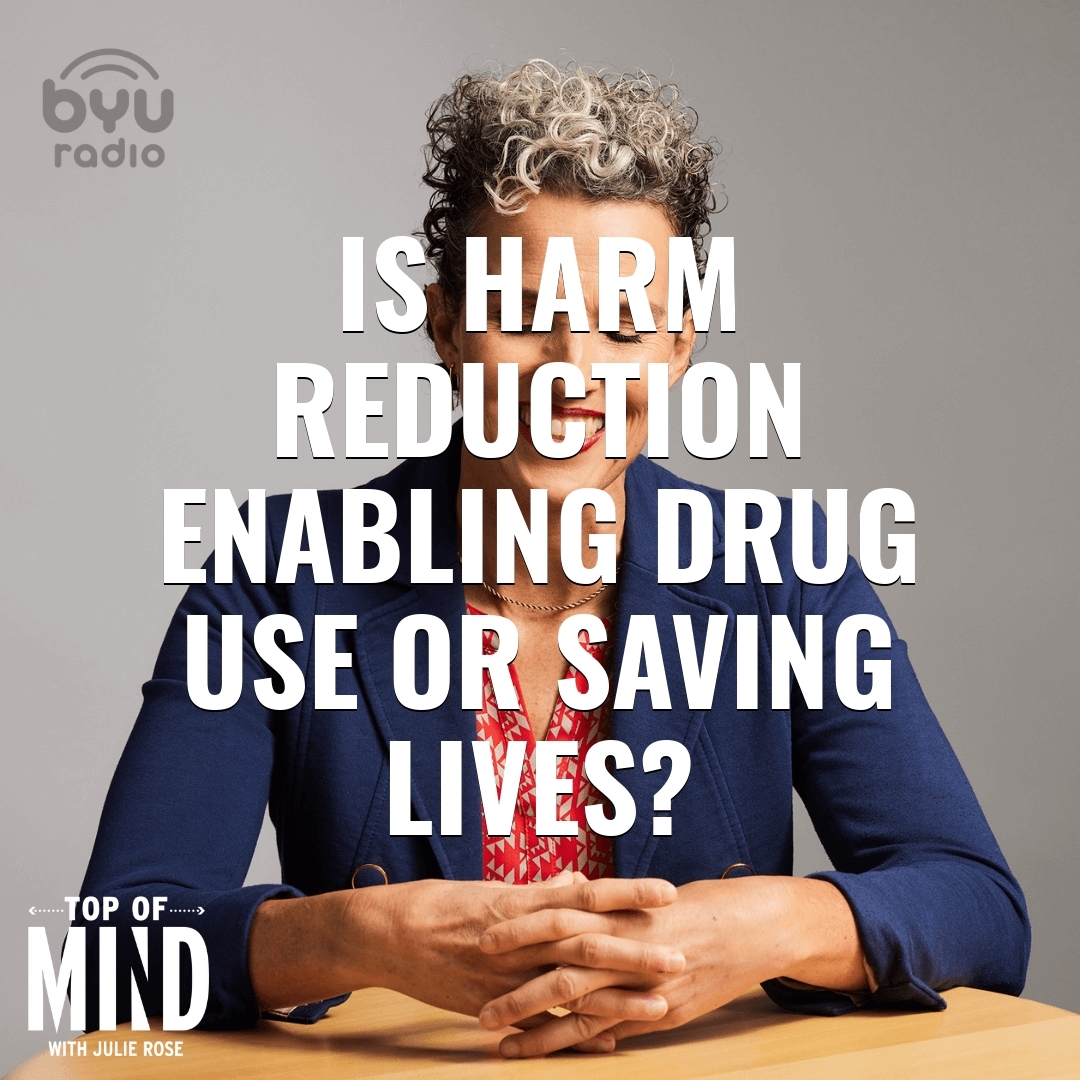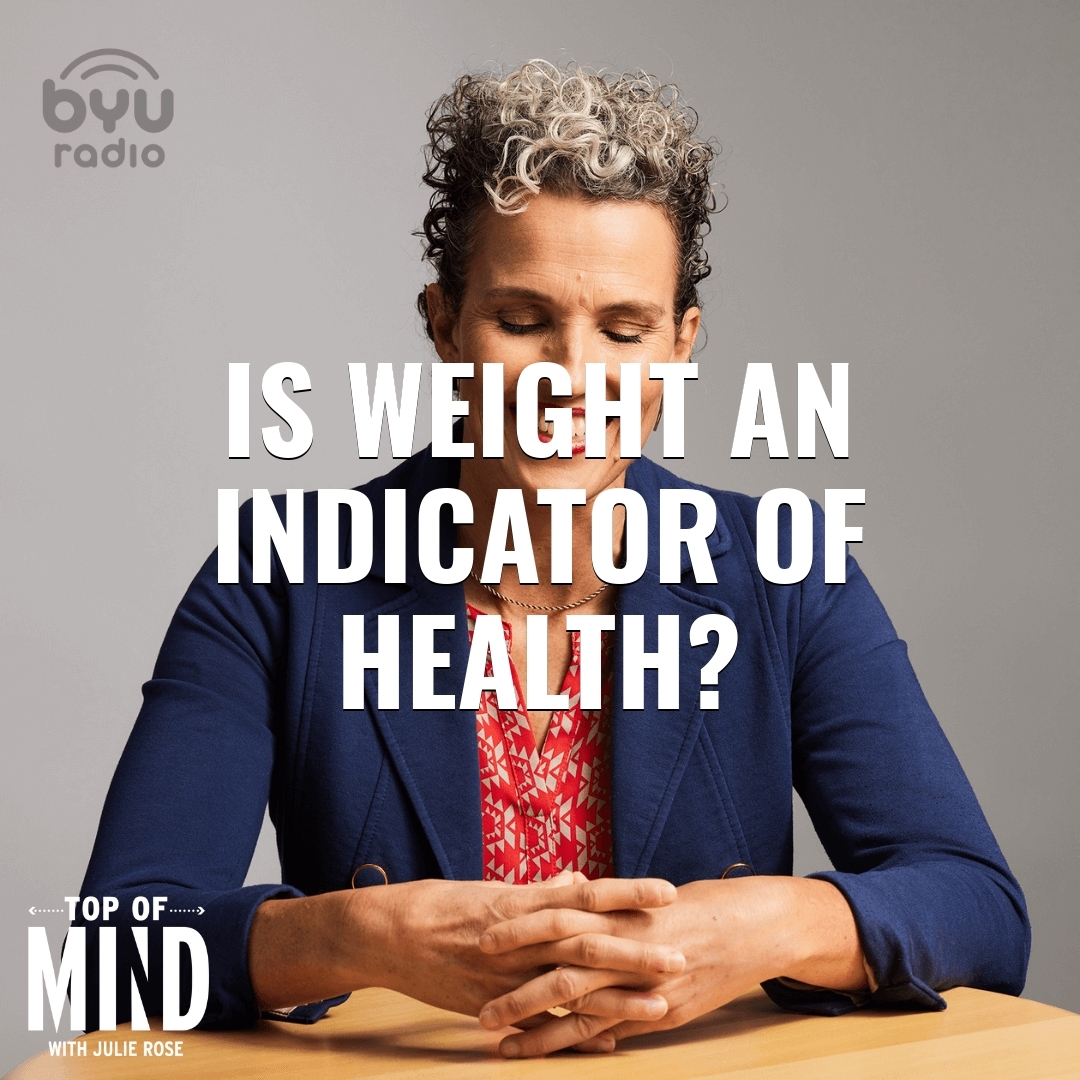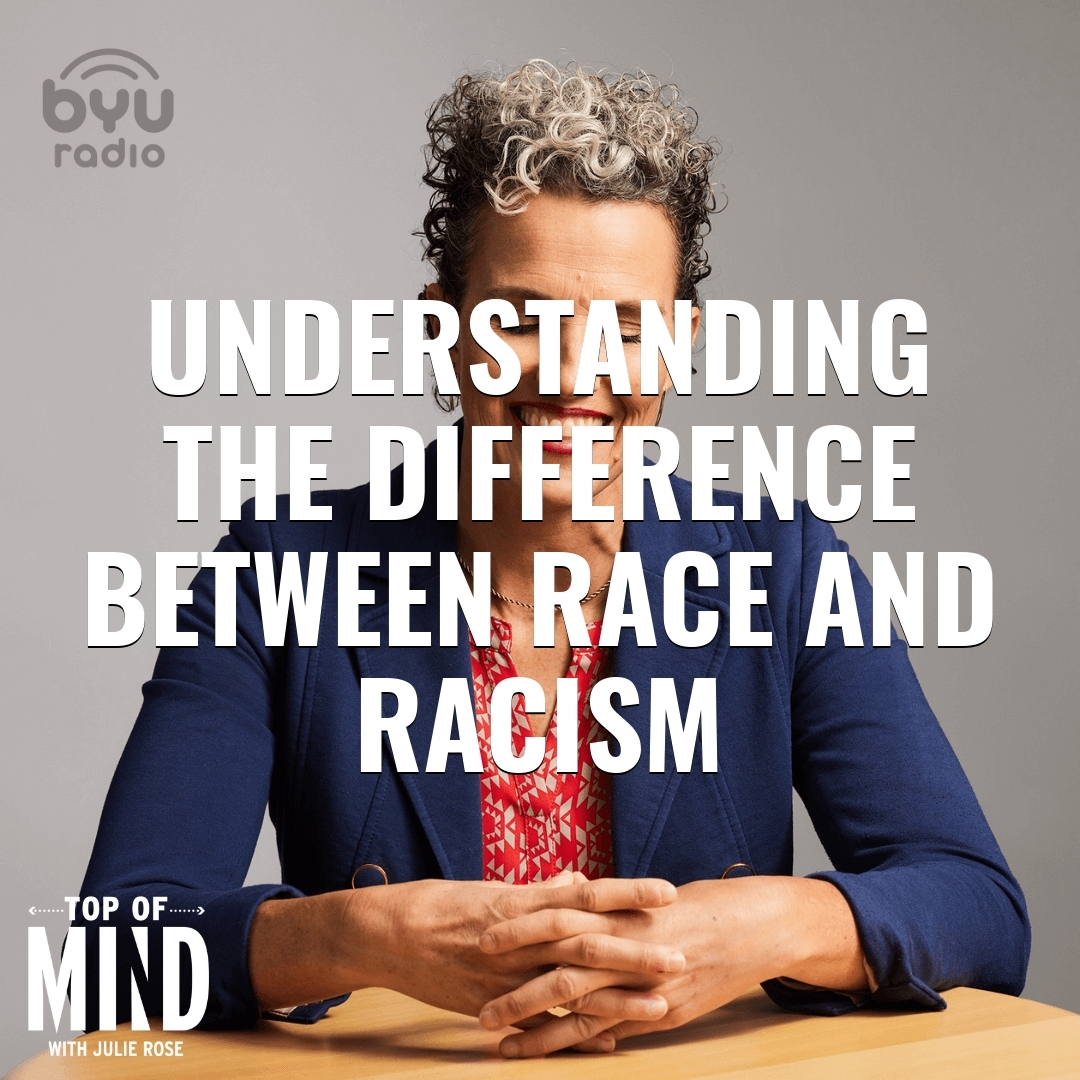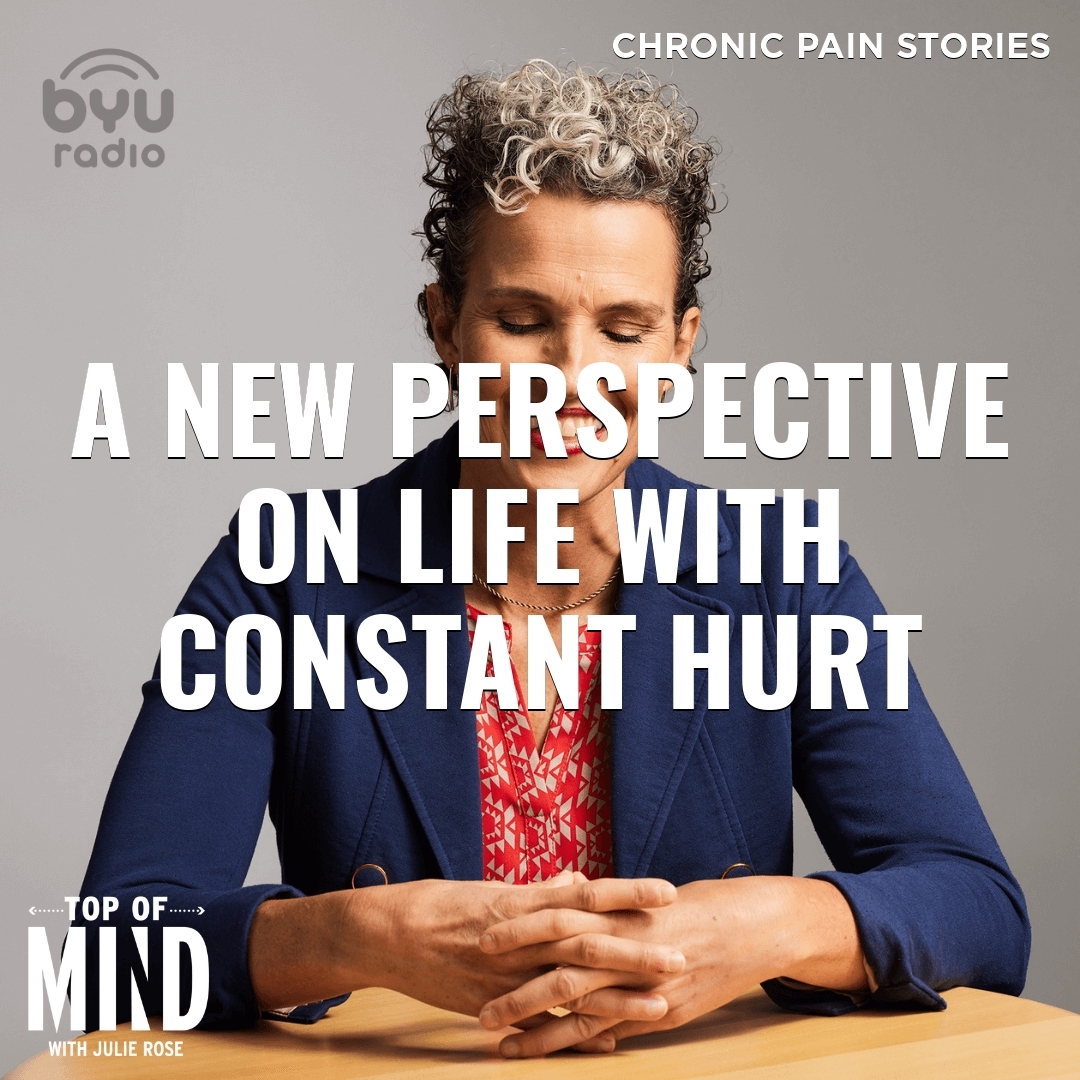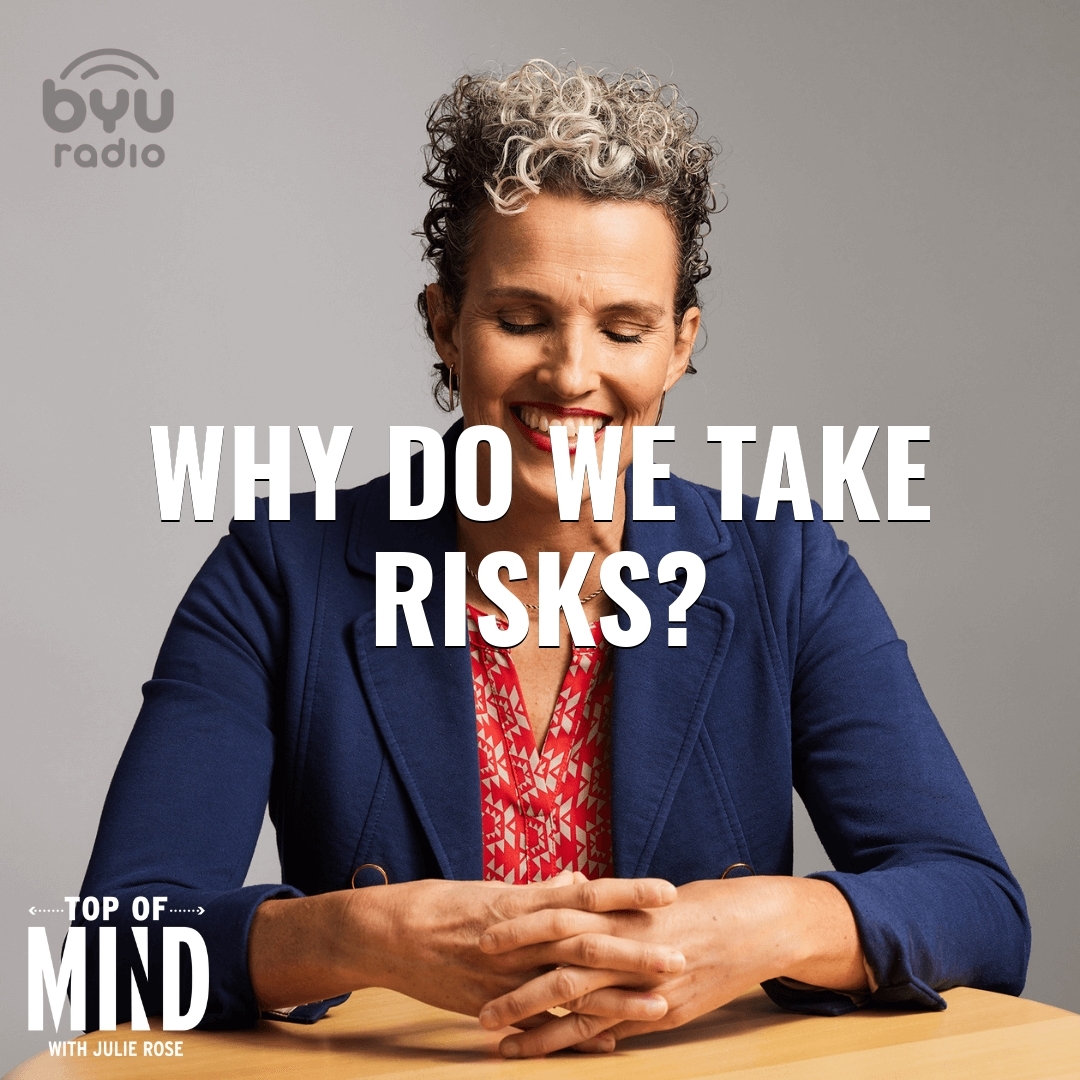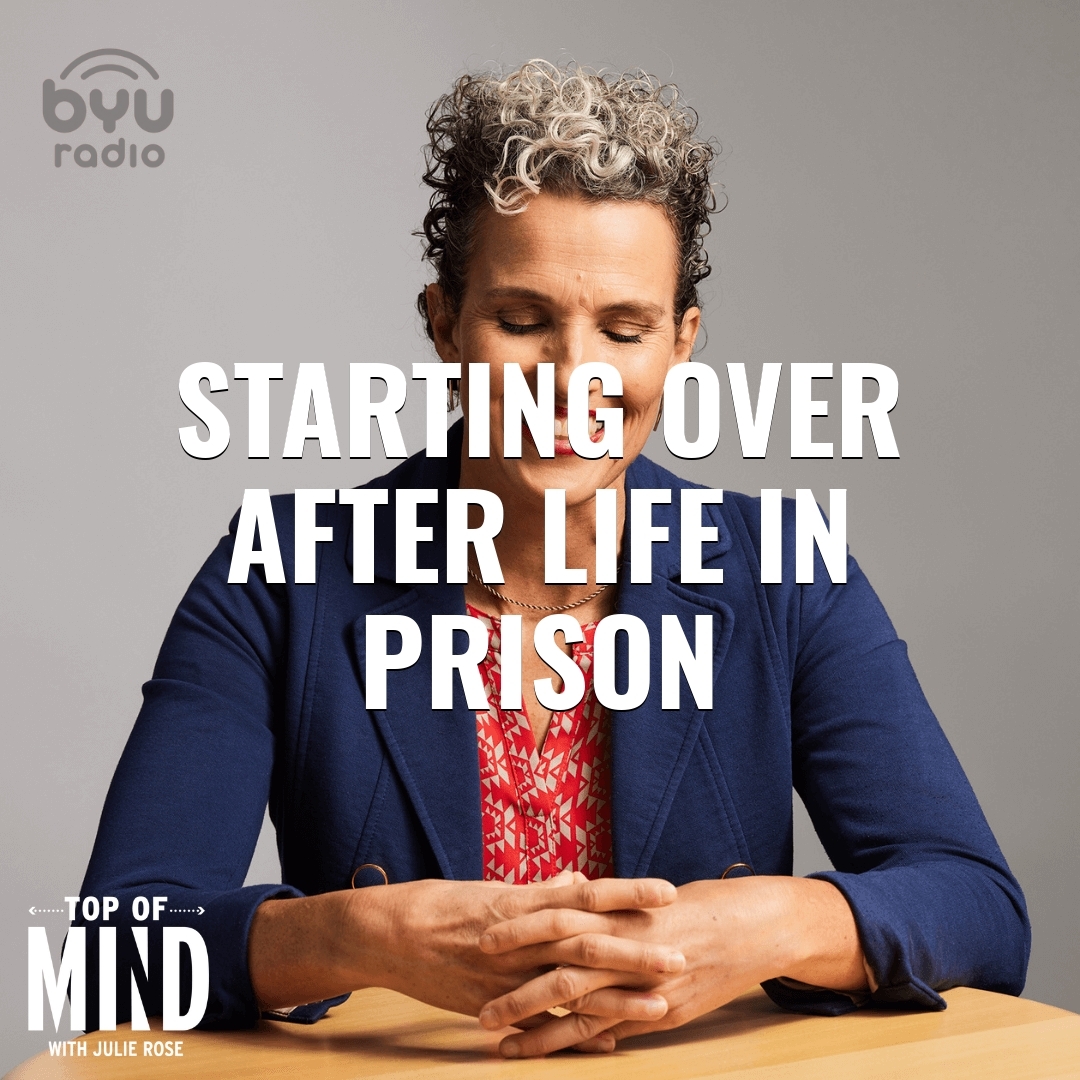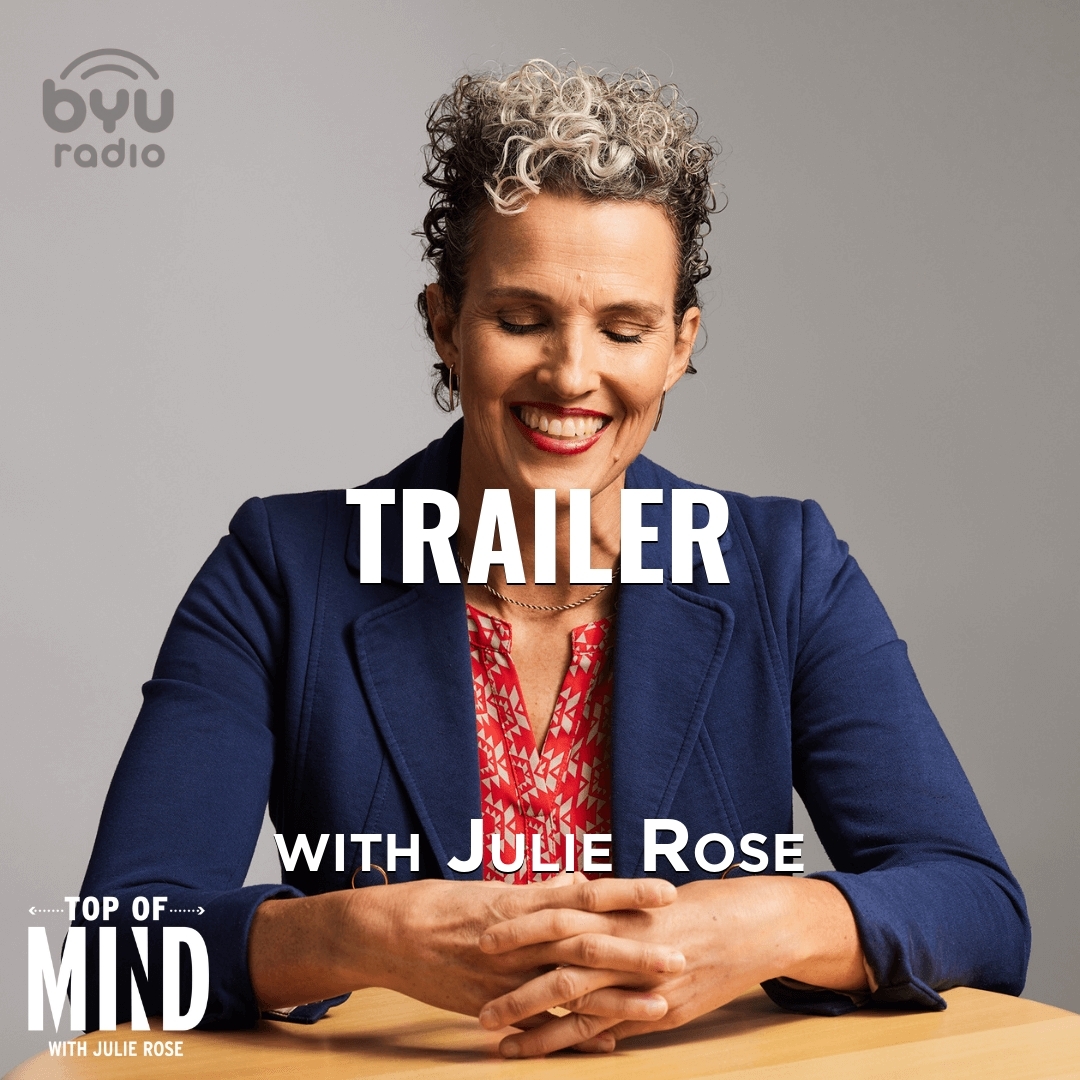Tackling tough topics in a way that will help you feel more empathy and empower you to become a better citizen, kinder neighbor, and more effective advocate. For people who are turned off by the divisive nature of the news, but still want to engage with important issues. Hosted by journalist Julie Rose, Top of Mind is a production of BYUradio.
People who experience poverty in America are constantly riding a rollercoaster of highs and lows as they struggle to better their situation. In desperation, they’re asking “is there any way out?” While a growing number of people agree that ending poverty in the U.S. is achievable, there’s plenty of debate on the specifics. Some people say that we need to change policies. Other people say we need a new approach to helping poor people get better opportunities and essential resources. Advocates leading the fight against poverty are finding that the answer will start with a change in perspective on what poverty is and how it is impacting individuals in our country. We’re learning that American poverty isn’t an individual’s problem—it’s a community problem. In this podcast episode, we’ll be hearing from individuals who have experienced first-hand the effects of poverty and experts who have devoted their lives to ending poverty on how we can take a new approach to American poverty.
Citizenship is required for voting in most countries and states. Is there value to this voting rights restriction? Where can non-citizens vote? Some municipalities—like New York City—are allowing non-citizens to vote in city elections. But in most local and federal elections non-citizens are denied voting rights because Congress has said that individuals must be legal citizens and registered to participate in U.S. elections. How does being given or denied the right to vote affect somebody’s sense of belonging in a community? In this podcast episode, we look at the history of voting rights and restrictions in America and see how voting by non-citizens plays out in elections where it is allowed.
Harm reduction is intended to prevent death, drug overdose, and substance abuse. But is harm reduction enabling drug use? Or does harm reduction truly save lives? Harm reduction has evolved in the last 40 years. New York City just opened the first government-sanctioned supervised injection sites in the country. Debate over the effectiveness of these harm reduction centers is controversial. Maia Szalavitz remembers the first time she was introduced to harm reduction; a friendly woman advised her to clean her needles with bleach during the HIV/AIDS crisis. Instead of facing judgment for her drug use, she was told that her life was worth living regardless. Whereas other people feel that harm reduction is supporting risky behavior and enabling drug use. Here on the podcast, we will take a deep look into the harm reduction debate and discuss whether it’s possible to accept somebody as they are without enabling their harmful behavior.
Is weight an indicator of health? We often think that skinny people are healthier than people with obesity, but research suggests we may be wrong about how we view body weight. Studies have shown that BMI isn’t always an accurate predictor of health. While the risks associated with being overweight shouldn’t be ignored, countless other factors contribute to wellbeing and are better determinants of health. Nevertheless, the impacts of diet culture and society’s predisposed assumptions about fatness still impact both old and young. In this podcast episode, we explore the relationship between weight and health.
Race and racism are crucial topics in our national dialogue. And when we think of race, we might naturally think of one's skin color. But someone who is black can have white skin. So what is race? And what is the difference between race and racism? Two researchers say we are getting it all wrong and that biological race is a myth. But they say that socially-defined race and racism are real and very present in America. Tune into this podcast as we discuss the complexity of biology and ethnicity, how years of racial discrimination and prejudice have shaped the way we view humanity, and, most importantly, how we can think differently about race to create a more inclusive society.
Jasmine Reed has lived with chronic illness since she was 15. After years of seeing doctors and trying different treatments, she doesn’t feel much better. Reed wishes others would believe she is in pain even though she doesn’t look sick. Chronic pain doesn’t necessarily come from a specific external cause, so it’s hard to treat and hard to prove to others. But that doesn’t mean it’s not real. Countless patients suffer from chronic pain with little relief. There’s a lot we can learn from hearing these chronic pain stories that can help us develop greater empathy and find solutions. In this podcast episode, we talk to chronic pain experts about treatments and chronic pain’s connection to the opioid epidemic. We also talk to neuroscientists about pain patterns in the brain and how we can help to heal ourselves.
We rarely know if our decisions will lead to failure or success. So why do we take risks? What causes us to readily embrace risky situations, while other times we back away? It’s often more arbitrary than we might want to admit. Whether it’s an everyday parenting situation or a death-defying rock climb, each decision we make involves some degree of risk. We are constantly evaluating those risks, and everyone calculates risk differently. How we measure uncertainty is complex and our perceptions of risk change based on the situation. We’ll be exploring that complexity here on the podcast as we examine how people gauge risk and look at ways to bring more rationality into our decision making.
Nearly half of people who leave prison will end up back behind bars. Why is it starting over after life in prison so difficult? Would their lives be different if no criminal record shaped their life after jail? And how can we offer support? In this episode, we consider how the US justice system makes it difficult for people convicted of crimes to rebuild their lives after prison. We will hear the stories of formerly incarcerated individuals, insights from experts on the criminal justice systems, and perspectives of advocates who support individuals as they adjust to life after prison. Exploring the complexity and challenges of adjusting to life after incarceration can help us learn how we can encourage and support individuals as they rebuild their lives.
A podcast for people who are turned-off by the depressing, divisive nature of the news, but still want to engage with important issues in our communities. Hosted by radio journalist Julie Rose, Top of Mind tackles one tough topic each week in a way that will challenge you, help you feel more empathy and empower you to become a better citizen, a kinder neighbor and a more effective advocate. Top of Mind with Julie Rose is a production of BYUradio.

